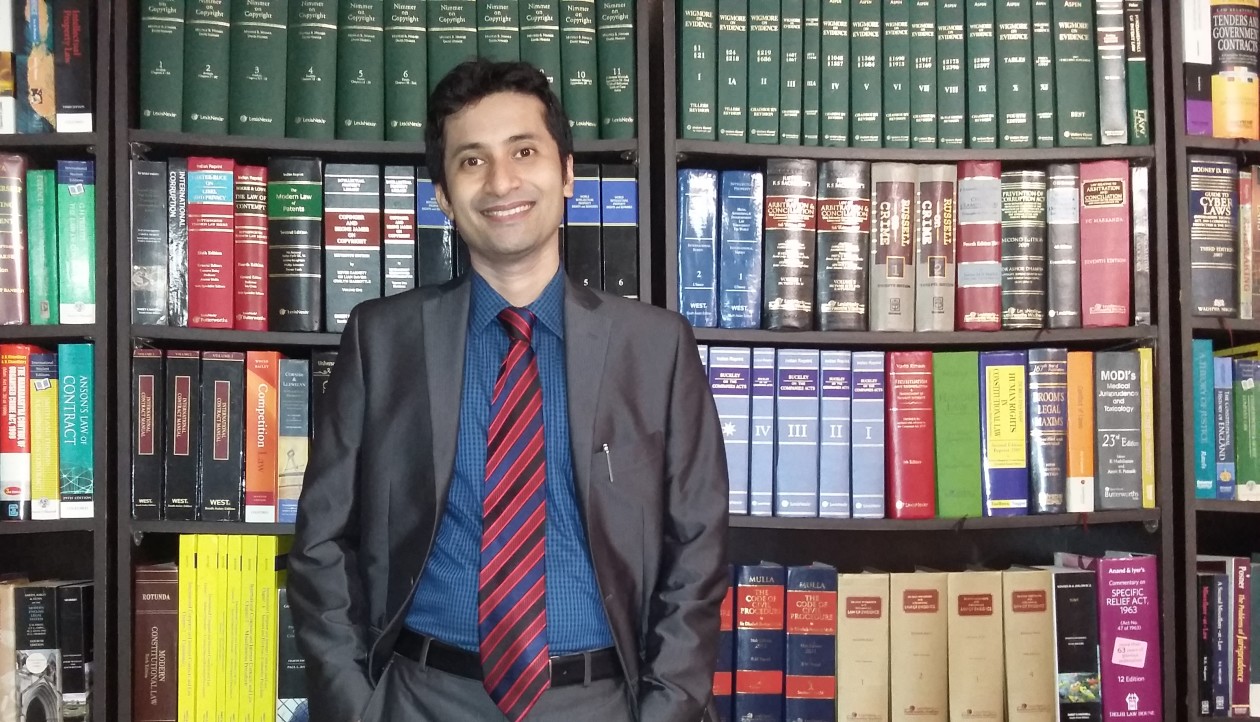The Swahili proverb means ‘You never finish eating the meat of an elephant’. Skullduggery continues.
Though there was a substantial decrease in violence post 2003, low level conflicts in certain pockets continued. Katanga insurgency continues till date. Ituri conflict is primarily between agriculturalist Lendu and pastoralist Hema ethnic groups in north-eastern Congo. Hostilities in Ituri Province started in 1999. The Front des nationalistes et intégrationnistes [National Integrationist Front] (FNI) and Forces de Résistance Patriotique d’Ituri [Front for Patriotic Resistance of Ituri] (FRPI) fought for Lendu while Union des patriotes congolais [Union of Congolese Patriots](UPC) fought for the Hema. Finally, in December 2003, after the UPC split, fighting decreased significantly in Ituri Province.
Thomas Lubanga Dyilo, founder of UPC and the Force patriotiques pour la libération du Congo (FPLC)[military wing of UPC], was found guilty by ICC of committing the war crimes of the enlistment and conscription of children under the age of 15 and using them to participate actively in hostilities between 2002 and 2003 and has been sentenced to 14 years of imprisonment. The Appeals Chamber confirmed the verdict in 2014. ICC, in 2014, found Germain Katanga, commander of FRPI, guilty as an accessory of one count of crime against humanity (murder) and four counts of war crimes (murder, attacking a civilian population, destruction of property and pillaging) and has sentenced him to 12 years imprisonment. But Mathieu Ngudjolo Chui, former leader of FNI, was acquitted. In February 2015, the Appeals Chamber confirmed the acquittal.
Bosco Ntaganda, former Deputy Chief of the Staff and commander of operations of FPLC has been charged of various war crimes including murder and attempted murder, attacking civilians, rape, sexual slavery of civilians, pillaging, displacement of civilians, attacking protected objects, destroying the enemy’s property, conscription of child soldiers under the age of fifteen years and using them to participate actively in hostilities and various counts of crimes against humanity, allegedly committed in 2002-2003 in the Ituri Province. The Chamber found that there was a widespread and systematic attack against the civilian population pursuant to an organisational policy adopted by UPC and FPLC to attack civilians perceived to be non-Hema. The Chamber also found that an armed conflict had taken place between the UPC/FPLC and other organized armed groups. The trial has already commenced last month and is expected to be a cyclopean one. Due to the gravity of charges and the number of crimes he is accused of, the trial is of much consequence. It is the first trial, at the ICC, where a commander will be charged with rape and sexual violence committed against child soldiers under his command. The case is significant because Ntaganda evaded justice for nine long years and even an international campaign for his apprehension could not get Congolese government to arrest him. But astonishingly, he voluntarily surrendered in 2013.
In the political arena, President Kabila is desperately trying to change the country’s constitution so that he can remain in power beyond his second and final five-year term. This has raised a storm of protests in the country. Opposition leaders have openly criticised any such moves. Last week, Moïse Katumbi, the multimillionaire governor of copper rich Katanga Province, a close aide of Kabila and the second most powerful man in Congo, announced leaving the ruling party. Congolese remain profoundly sceptical about their future. This makes the political situation all the more gripping.
